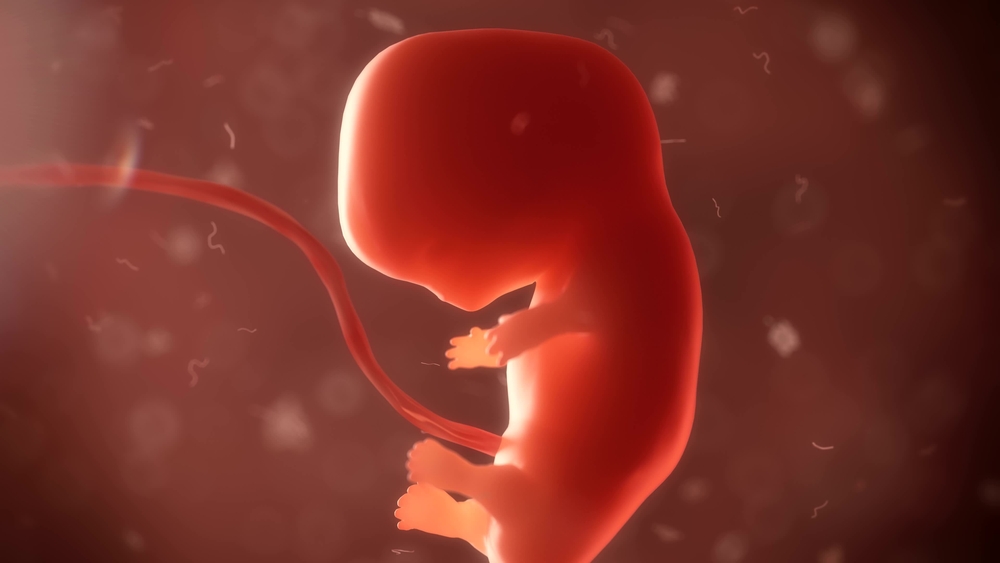What is PGD?
PGD is a technique through which a couple is able to cease the passing of a particular condition to their children which that they had inherited from their family. This process enables parents to prevent their child from incurring any serious genetic condition. PGD is advised for parents who both or one of them has any known generic abnormalities that may put the child in any unprecedented danger. A diagnostic testing is performed on an embryo to determine if the embryo has also inherited the genetic abnormality.
PGD involves the use of assisted reproductive technology (ART). Eggs are obtained and fertilized through IVF (In Vitro Fertilization). Once fertilized, the embryos develop for 2 to 3 days and then one or two cells are removed from each embryo. The genetic material (DNA or chromosomes) within each cell is then tested for the genetic or chromosomal abnormality. Up to two unaffected embryos are then transferred to the woman’s uterus for implantation. If the procedure is deemed as successful, it will result in pregnancy and a birth of a child without any genetic abnormalities.
Who should opt for PGD?
Couples who have known genetic disorders and are aware of the abnormalities they have procured from their family or the other members of their family have procured the genetic condition should always opt for PGD. In these cases, usually the parents have a child that has suffered a generic condition during birth or the parents have experienced the loss of a child or pregnancy related to the specific condition.
Primary candidates for PGD include:
Carriers of a serious autosomal recessive condition: For carriers of an autosomal recessive condition, there is a 1 in 4 (25%) risk of each pregnancy delivering an affected child.
Carriers of a serious autosomal dominant condition: For carriers of an autosomal dominant condition, there is a 1 in 2 (50%) risk of each pregnancy delivering an affected child.
Couples with chromosome disorders
Couples with a family history of serious sex-linked disorders: Couples with a family history of a sex-linked disorder have a 1 in 4 (25%) risk of each pregnancy delivering an affected child (half of all male children).
Therefore, PGD may be recommended if:
- One or both the couple has a family history of serious genetic disorder.
- One or both the couple already has a child with a serious genetic condition.
- One or both of the couple has had a number of pregnancy terminations because of the baby procuring a serious genetic condition.
What are the stages of the process?
Couples who are considering this PGD treatment should talk to their GP to discuss the options available. Before procuring PGD, potential parents should consult their local clinical geneticist or genetic counselor to measure the risk of giving birth to a child under the influence of the genetic condition. Tests should be performed to determine the genetic defect which is causing the abnormalities in the individual. Couples must also ensure that PGD can identify that defect in an embryo biopsy and confirm that a PGD license has been issued by the Human Fertilization and Embryology Authority (HFEA) License Committee for that particular condition before proceeding any further.
Preparation for PGD consists of several stages. These typically include:
- Referral to a PGD clinic by the couple’s clinical geneticist or genetic counselor.
- An initial clinical consultation.
- Applying for funding for procedural and drug costs.
- Obtaining the potential parents’ consent for the storage and use of gametes and embryos.
- Laboratory testing and preparatory investigations (including health history, ultrasound scan, blood tests, semen analysis).
- Treatment cycle.



